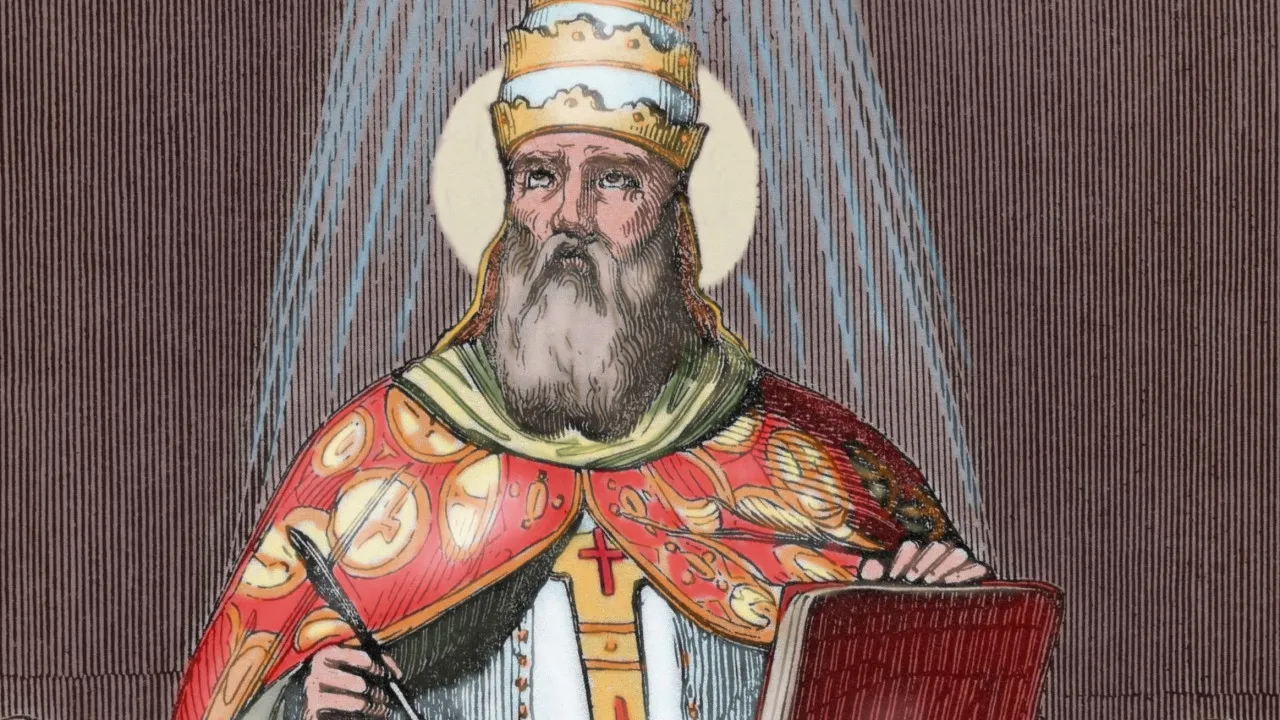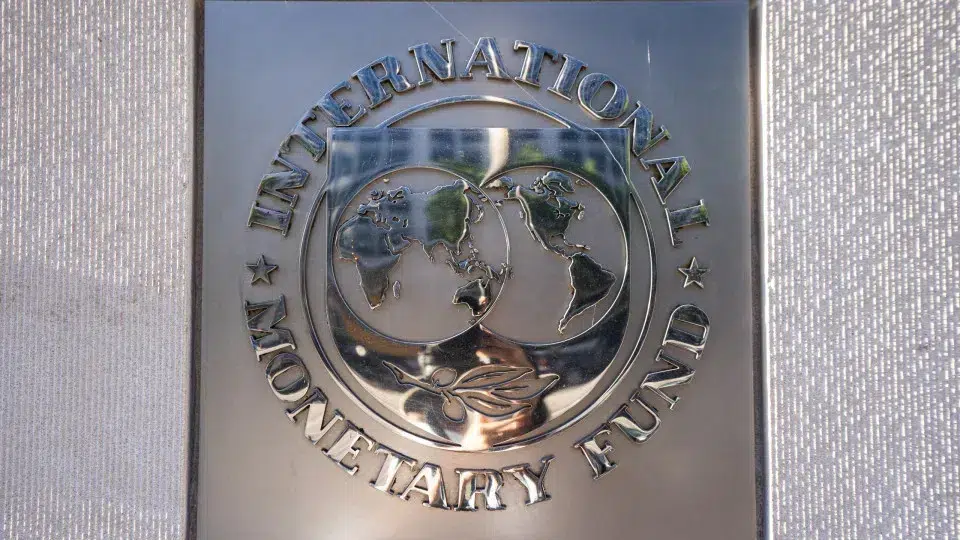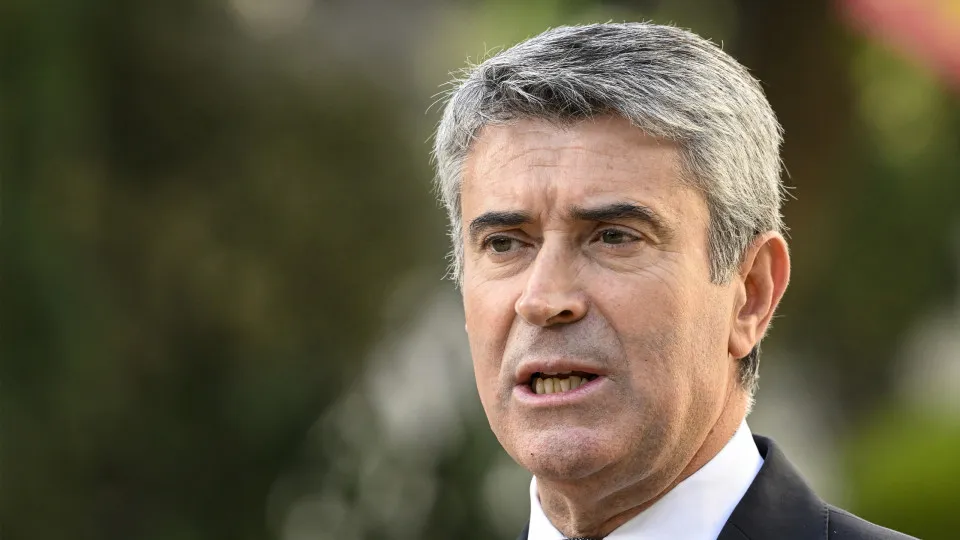
Portugal has, for the first time since the establishment of the College of Cardinals, four cardinal electors in the conclave set to choose the successor to Pope Francis: António Marto, Américo Aguiar, Manuel Clemente, and Tolentino de Mendonça. However, historically, Portugal has had two popes, one of whom ruled before the nation became independent.
Damasus I led the Vatican for 18 years in the 4th century, while John XXI reigned for just 242 days in the 13th century, leaving a notable legacy in medicine and natural sciences.
Damasus I
Born in Idanha-a-Velha, then known as Civitas Igaeditanorum, Pope Damasus I, later canonized as a saint, is recognized as one of the pontiffs who institutionalized the Church during the waning days of the Roman Empire, a period marked by Emperor Theodosius’s declaration of Christianity as the official religion.
During this time, the Church was solidifying its canonical doctrine amid competing sects, such as Arianism, which enjoyed significant followership.
Selected as pope in 366, Damasus I faced opposition from Arian factions that elected an antipope, Ursinus, leading to a civil conflict within the Church, ultimately resolved with the intervention of Emperor Valentinian.
Following his victory, the Roman Empire formally acknowledged the Church’s authority on matters of faith and morals, allowing Damasus to focus on doctrinal consolidation, commissioning one of the first official translations of the Bible by St. Jerome.
In Constantinople, he presided over the Second Ecumenical Council, publishing the formula of faith confession, which included the dogmatic definition of the Holy Spirit’s divinity. He was the first pope to use the fisherman’s ring as a papal symbol and instituted the celebration of the Assumption festivity.
John XXI
Centuries later, when Portugal had already achieved independence and shortly after the reconquest of the Algarve from the Moors, the nation witnessed another Portuguese pope, this time not only by his place of birth but also through his ecclesiastical journey.
Pedro Hispano, also known as Pedro Julião, was elected pope on September 20, 1276, passing away only 242 days afterwards.
Born in Lisbon to a noble family of physicians, Pedro Hispano taught medicine at the University of Siena and was appointed Archbishop of Braga.
In 1275, Pope Gregory X appointed him as the principal physician of the Vatican. In a turbulent period for the Church, marked by the frequent deaths of several pontiffs, he was elected pope in 1276 at a conclave held in Viterbo, adopting the name John XXI.
During his brief papacy, he pledged allegiance to the Fourteenth Ecumenical Council of Lyon, which called for dialogue with Eastern Orthodox Christians to resolve the schism in Christendom.
The poet Dante Alighieri, in his Divine Comedy, depicted John XXI in Paradise, alongside the soul of St. Bonaventure, praising his intellectual contributions.
At the end of his papacy, John XXI delegated significant responsibilities to Cardinal Orsini, who succeeded him as Nicholas III, and he retired to Viterbo where he died following the partial collapse of a wall in the apostolic palace.




